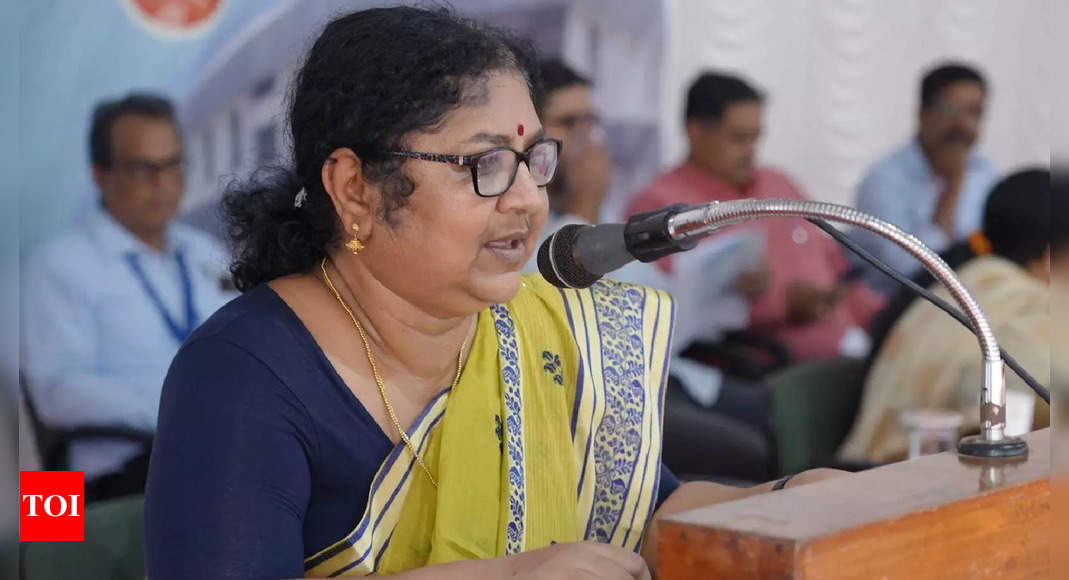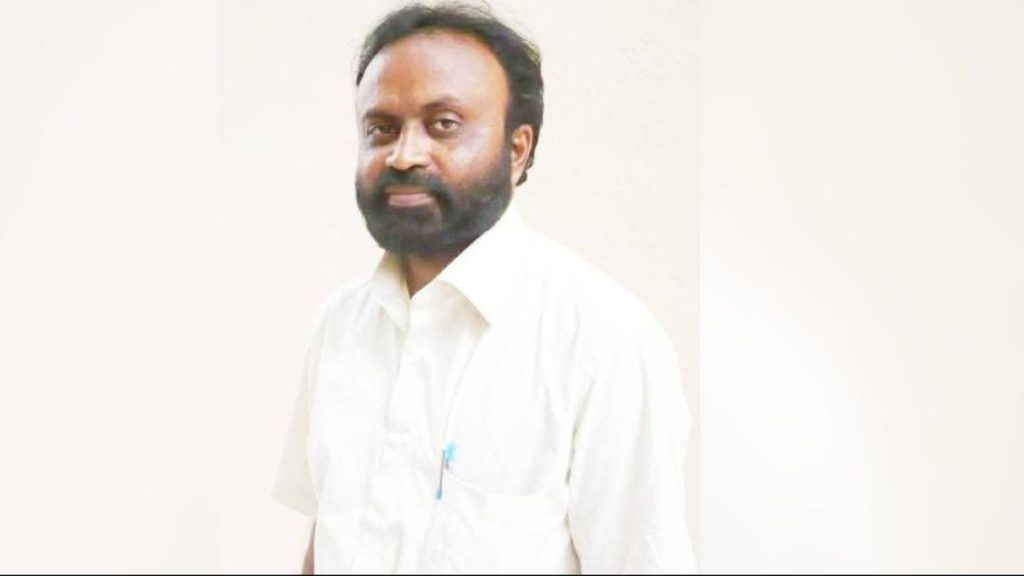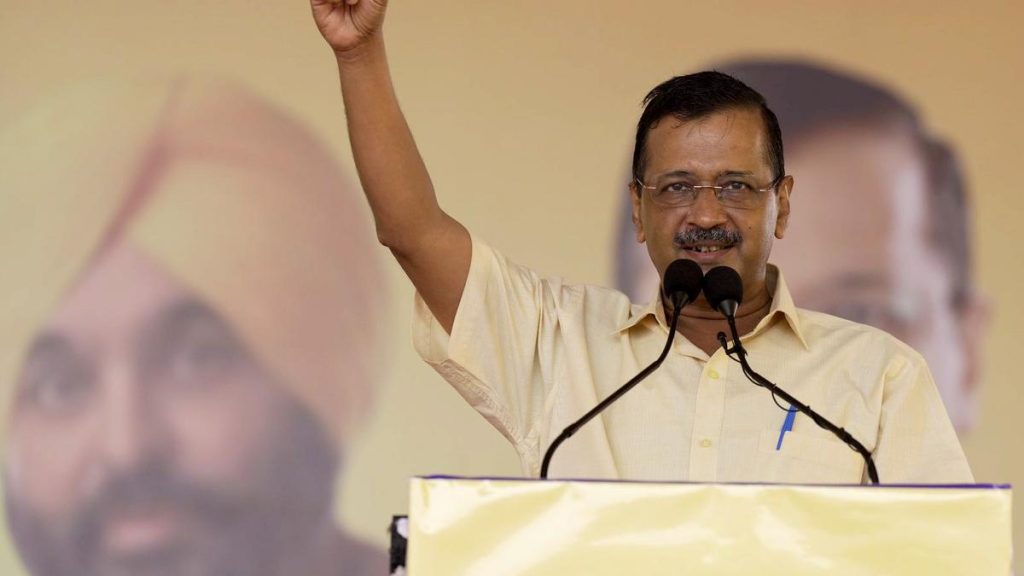Now Reading: Kerala Minister Backs Bill Allowing Private Investment in Higher Education
-
01
Kerala Minister Backs Bill Allowing Private Investment in Higher Education
Kerala Minister Backs Bill Allowing Private Investment in Higher Education

Fast Summary
- Event: Kerala Higher Education Minister R Bindu defended the proposed Kerala State Private Universities (Establishment and Regulation) Bill, 2025 in the state assembly.
- Objective: The Bill aims to invite private investment and establish private universities as multidisciplinary institutions,turning Kerala into an international hub for higher education.
- Government’s Efforts: Over Rs 6,000 crore has been invested in enhancing public universities over the past four years to meet global standards.
- Requirements for Private Universities:
– Minimum of 10 acres of land and Rs 25 crore regulatory fund.
– Compliance with guidelines from bodies like AICTE.
– Mandatory reservation norms: including fee concessions and scholarships for SC/ST students.
- Structure & Oversight:
– State government nominees will be included on executive/academic councils.
– Grievance redressal mechanisms will ensure democratic rights of students, teachers, and staff are upheld.
- Minister’s Assurance: Strict adherence will be maintained to ensure social justice alongside quality education provision by private stakeholders while protecting public interest.
Indian Opinion Analysis
The introduction of this bill marks an aspiring attempt by Kerala to align its higher education sector with global standards while balancing social equity measures. with considerable investments already made in public universities, incorporating private players is a logical progression that could expand infrastructure and academic offerings within the state.
Though, potential challenges include ensuring that regulation mechanisms outlined-such as reservation norms-are effectively implemented without compromising institutional autonomy or academic quality. Critics may point out risks such as over-commercialization or disparities arising between private and public institutions; these concerns warrant active monitoring during execution.
The government’s proposal also reflects a shift towards blended models of governance where both the state and private sectors collaboratively address educational needs-a framework that aligns well with India’s pursuit of modernizing its higher education system on both domestic and international fronts.
























